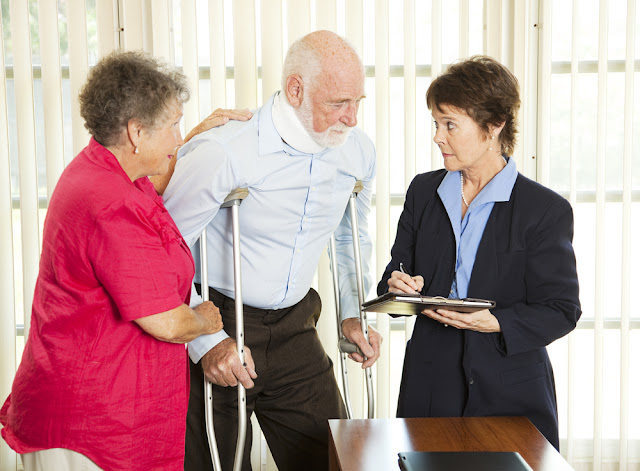For many years in the past, family courts gave preference to the mother when awarding custody, but this is no longer the case. Mothers have rights in child custody, but today the laws are gender-neutral, which by and large means they are the same as the father’s custody rights.
There are differences in how the courts may perceive parents who were married when the child was born versus unwed parents. If the parents were married, the court assumes the husband is the biological father of the child. The court will determine custody based on the best interest of the child (see below).
If the parents were not wed, the court most often awards custody to the unwed mother. The unwed father may petition for custody, but he first must prove he is the biological father of the child. According to
top child custody lawyers, these custody cases can become complex.
Determining Which Parent Receives Custody
Family courts determine custody on the
Child’s Best Interests Standard. This standard considers many factors when determining which parent should receive custody of the child, such as:
• What is the child’s physical and emotional health?
• How strong is each parent’s relationship with the child?
• How stable is each parent’s home environment?
• Has each parent paid child support?
• Are both the parents equally willing to parent the child?
• Is there any evidence of abuse or neglect?
• What are the child’s wishes (if he or she is old enough)?
Physical Custody
It’s helpful for the mother to understand there are two kinds of custody: physical custody and legal custody. Physical custody means that is where the child resides, and that parent is the primary caretaker of the child. This parent has the authority to make all the daily parenting decisions for the child, such as:
• Who may see the child and for how long
• Where the child lives and goes to school
• Medical decisions (as long as they are in the child’s interest)
• Receiving food assistance or other benefits on behalf of the child
• Decisions about extracurricular activities, travel, and so on
Sometimes a court grants joint physical custody, and the parents will trade the parenting responsibility when the child is in their physical care. Decisions regarding
child support will be based on physical custody arrangements and the income of each parent.
Legal Custody
Legal custody is a parent’s right to make important decisions, like where and how the child will be educated, healthcare decisions, religious practice, and so forth. Typically, both biological parents share legal custody regardless of who has physical custody.
Custody in Case of Same-Sex Marriages
In the case of same-sex marriages when there are two mothers, the law is not as settled as it is in heterosexual marriages. One mother may be the biological mother, and her rights may supersede those of the other mother, even if the biological mother was not the child’s primary caretaker. If the other mother has adopted the child, this may clarify the case somewhat.
Custody in Case of Adoptive Parents
Adoptive parents (whether heterosexual or homosexual) have legal rights similar to biological parents. If a couple has adopted a child in the course of their marriage, both adoptive parents are afforded the rights of biological parents. The court then makes a determination based on the best interest of the child.

















